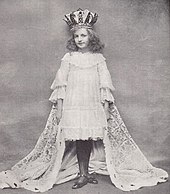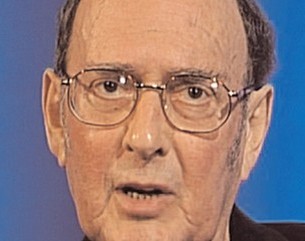
Harold Pinter was a British playwright, screenwriter, director and actor. A Nobel Prize winner, Pinter was one of the most influential modern British dramatists with a writing career that spanned more than 50 years. His best-known plays include The Birthday Party (1957), The Homecoming (1964) and Betrayal (1978), each of which he adapted for the screen. His screenplay adaptations of others' works include The Servant (1963), The Go-Between (1971), The French Lieutenant's Woman (1981), The Trial (1993) and Sleuth (2007). He also directed or acted in radio, stage, television and film productions of his own and others' works.

Hay Fever is a comic play written by Noël Coward in 1924. Its first production was in the West End in 1925 with Marie Tempest as Judith Bliss. A cross between high farce and a comedy of manners, the play is set in an English country house in the 1920s, and deals with the four eccentric members of the Bliss family and their outlandish behaviour when they each invite a guest to spend the weekend. The self-centred behaviour of the hosts finally drives their guests to flee while the Blisses are so engaged in a family row that they do not notice their guests' furtive departure.

Tonight at 8.30 is a cycle of ten one-act plays by Noël Coward, presented in London in 1936 and in New York in 1936–1937, with the author and Gertrude Lawrence in the leading roles. The plays are mostly comedies, but three, The Astonished Heart, Shadow Play and Still Life, are serious. Four of the comedies include songs, with words and music by Coward.

Blithe Spirit is a comic play by Noël Coward, described by the author as "an improbable farce in three acts". The play concerns the socialite and novelist Charles Condomine, who invites the eccentric medium and clairvoyant Madame Arcati to his house to conduct a séance, hoping to gather material for his next book. The scheme backfires when he is haunted by the ghost of his wilful and temperamental first wife, Elvira, after the séance. Elvira makes continual attempts to disrupt Charles's marriage to his second wife, Ruth, who cannot see or hear the ghost.

The Noël Coward Theatre, formerly known as the Albery Theatre, is a West End theatre in St. Martin's Lane in the City of Westminster, London. It opened on 12 March 1903 as the New Theatre and was built by Sir Charles Wyndham behind Wyndham's Theatre which was completed in 1899. The building was designed by the architect W. G. R. Sprague with an exterior in the classical style and an interior in the Rococo style.
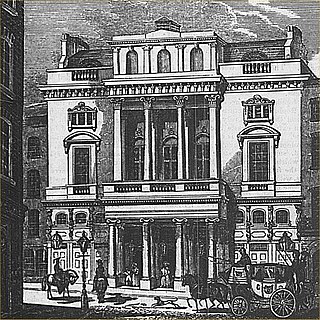
The St James's Theatre was in King Street, St James's, London. It opened in 1835 and was demolished in 1957. The theatre was conceived by and built for a popular singer, John Braham; it lost money and after three seasons he retired. A succession of managements over the next forty years also failed to make it a commercial success, and the St James's acquired a reputation as an unlucky theatre. It was not until 1879–1888, under the management of the actors John Hare and Madge and W. H. Kendal that the theatre began to prosper.

The Opera Comique was a 19th-century theatre constructed in Westminster, London, located between Wych Street, Holywell Street and the Strand. It opened in 1870 and was demolished in 1902, to make way for the construction of the Aldwych and Kingsway.
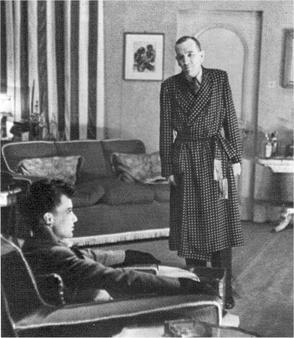
Present Laughter is a comic play written by Noël Coward in 1939 but not produced until 1942 because the Second World War began while it was in rehearsal, and the British theatres closed. The title is drawn from a song in Shakespeare's Twelfth Night that urges carpe diem. The play has been frequently revived in Britain, the US and beyond.
No Man's Land is a play by Harold Pinter written in 1974 and first produced and published in 1975. Its original production was at the Old Vic theatre in London by the National Theatre on 23 April 1975, and it later transferred to Wyndham's Theatre, July 1975 – January 1976, the Lyttelton Theatre April–May 1976, and New York's Longacre Theatre from October–December 1976. It returned to the Lyttelton from January – February 1977. It is a two-act play.

The Shaftesbury Theatre is a West End theatre, located in Shaftesbury Avenue, in the London Borough of Camden. It opened in 1911 as the New Prince's Theatre, with a capacity of 2,500. The current capacity is 1,416. The title "Shaftesbury Theatre" belonged to another theatre lower down the avenue between 1888 and 1941. The Prince's adopted the name in 1963.

Betrayal is a play written by Harold Pinter in 1978. Critically regarded as one of the English playwright's major dramatic works, it features his characteristically economical dialogue, characters' hidden emotions and veiled motivations, and their self-absorbed competitive one-upmanship, face-saving, dishonesty, and (self-) deceptions.
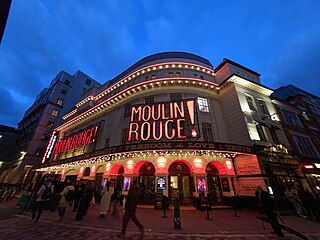
The Piccadilly Theatre is a West End theatre located at the junction of Denman Street and Sherwood Street, near Piccadilly Circus, in the City of Westminster, London. It opened in 1928.

Jeremy "Jez" Butterworth is an English playwright, screenwriter, and film director. He has written screenplays in collaboration with his brothers, John-Henry and Tom.

The Lyric Theatre is a West End theatre in Shaftesbury Avenue in the City of Westminster. It was built for the producer Henry Leslie, who financed it from the profits of the light opera hit, Dorothy, which he transferred from its original venue to open the new theatre on 17 December 1888.

Michael Keith Billington is a British author and arts critic. He writes for The Guardian, and was the paper's chief drama critic from 1971 to 2019. Billington is "Britain's longest-serving theatre critic" and the author of biographical and critical studies relating to British theatre and the arts. He is the authorised biographer of the playwright Harold Pinter (1930–2008).

Toole's Theatre, was a 19th-century West End building in William IV Street, near Charing Cross, in the City of Westminster. A succession of auditoria had occupied the site since 1832, serving a variety of functions, including religious and leisure activities. The theatre at its largest, after reconstruction in 1881–82, had a capacity of between 650 and 700.
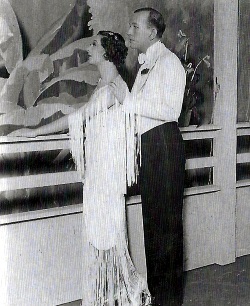
We Were Dancing is a short comic play in two scenes by Noël Coward. It is one of ten short plays that make up Tonight at 8.30, a cycle written to be performed in groups of three plays across three evenings. The original production, starring Coward and Gertrude Lawrence played in a pre-London tour, and then the West End, and finally New York, in 1935–1937. We Were Dancing has been revived periodically and was adapted for the cinema in 1942.

Gemma Elizabeth Whelan is an English actress and comedian known for portraying Yara Greyjoy in the HBO fantasy-drama series Game of Thrones. She also plays Kate in all seasons of the comedy Upstart Crow, Detective Eunice Noon on the first season of The End of the F***ing World on Channel 4, and Geraldine on the third season of Killing Eve.

Sian Clifford is an English actress. She is best known for playing Claire, the older sister of the titular character in the BBC comedy-drama series Fleabag (2016–2019) and also portrayed Martha Crawley in the ITV/Amazon Studios series Vanity Fair (2018). In 2020, she played Diana Ingram in the ITV series Quiz.
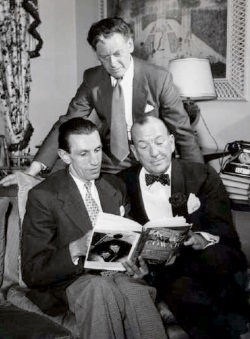
Raymond Mander and Joe Mitchenson were theatre historians and joint founders of a large collection of theatrical memorabilia.




